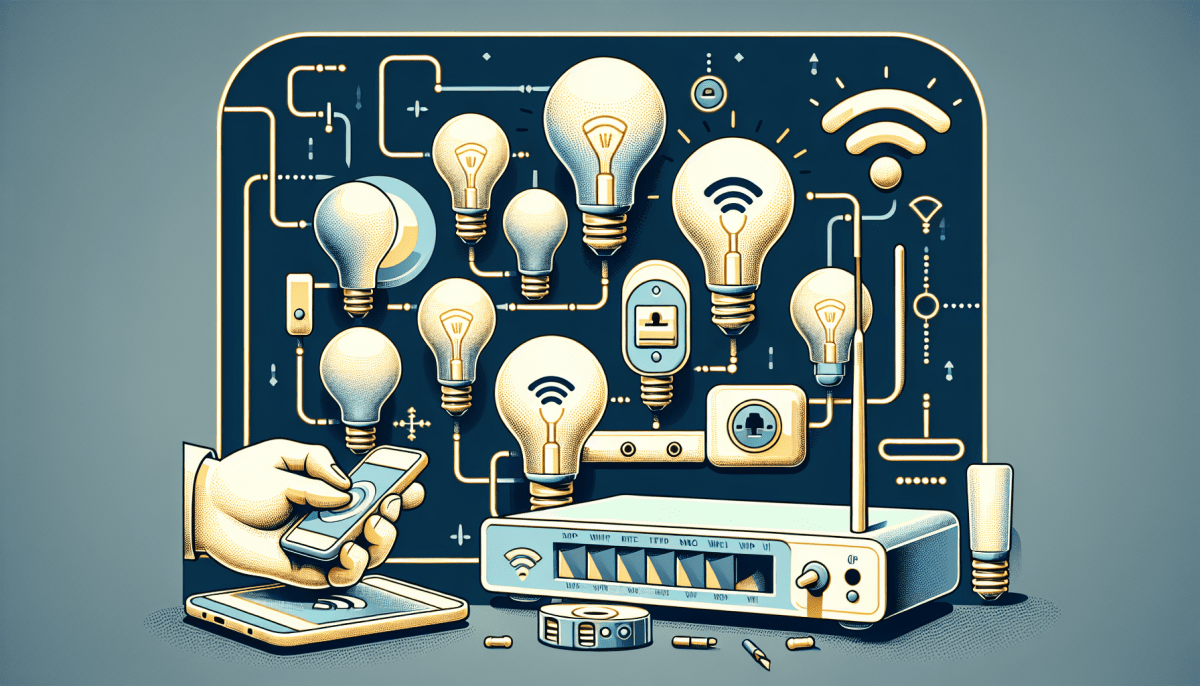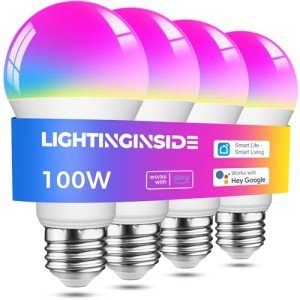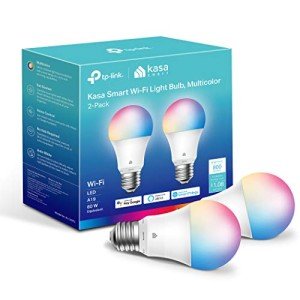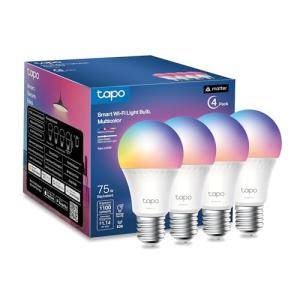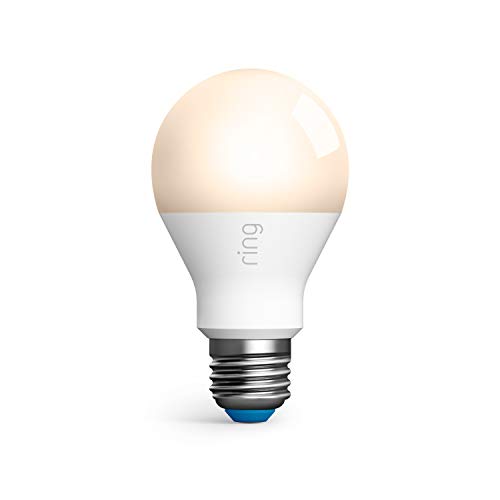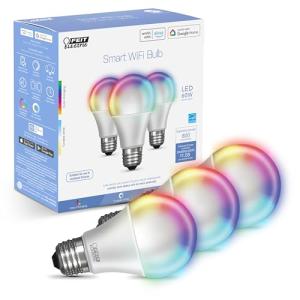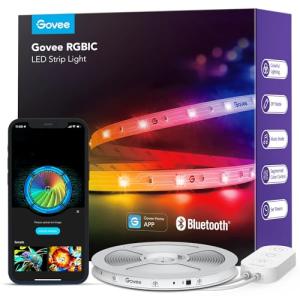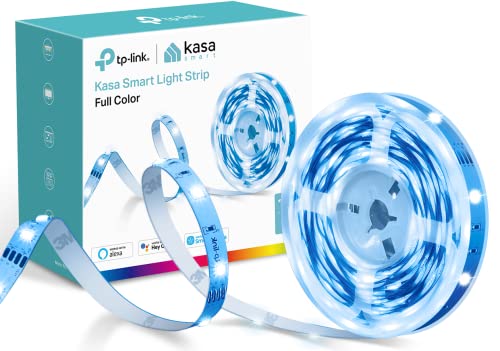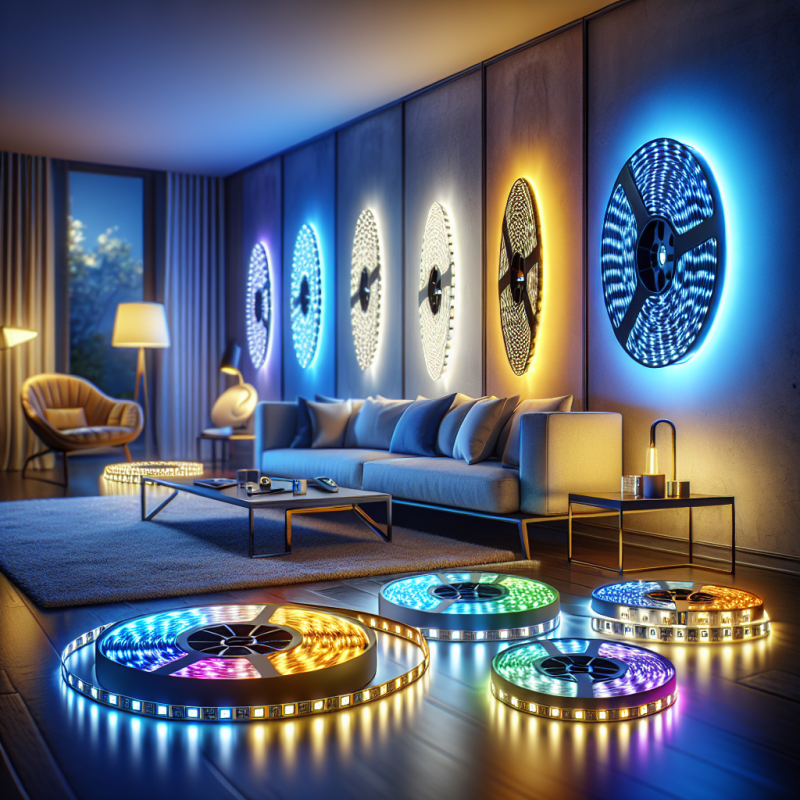Introduction
When diving into the world of smart bulbs, a common question pops up: Do smart bulbs need Wi-Fi? The answer can vary based on the type of smart bulb you choose. Some of these bulbs rely heavily on a Wi-Fi connection to function, while others offer smart bulb connectivity options that don't require internet access at all.
Most smart bulbs out there require Wi-Fi compatibility to connect to your home network and be controlled via an app on your smartphone. This setup allows you to adjust lighting remotely, create schedules, or even control it with your voice if you have a smart assistant. However, if you’re wondering if smart bulbs can work without internet, the answer is yes, but only with certain types.
Wi-Fi vs Bluetooth Smart Lighting
When looking at Wi-Fi vs Bluetooth smart lighting, Bluetooth-enabled bulbs operate without needing Wi-Fi. You can connect them directly to your smartphone, making it super convenient for easy control. But keep in mind that with Bluetooth, you may miss out on some advanced features that come with Wi-Fi-enabled bulbs. If you prefer an offline setup or just want a fuss-free option, Bluetooth is a solid choice.
Hub-Free Lighting Solutions
Another option is hub-free lighting, which means you don’t need a separate hub to control your smart bulbs. Some brands offer their protocols for direct connection, giving you more flexibility. Just check the packaging or product details when buying to understand what kind of setup you’ll need!
Wi-Fi Setup Benefits for Smart Bulbs
Why Choose Wi-Fi Smart Bulbs?
When you're diving into the world of smart bulbs, one of the first questions that pops up is, "Do smart bulbs need Wi-Fi?" The answer is a mix of yes and no! While many smart bulbs rely on Wi-Fi for full functionality, some options allow for offline setup. But let’s explore the benefits of having Wi-Fi compatibility in your smart lighting.
Smart WiFi Light Bulbs, 100W Equivalent - 4 Pack
Transform your home with adjustable lighting and seamless control from your smartphone
Product information
$34.99 $25.29
Product Review Score
4.89 out of 5 stars
115 reviewsProduct links
Remote Control and App-Based Features
First off, smart bulbs with Wi-Fi connectivity offer seamless control from anywhere. You can adjust the brightness, change colors, or set schedules right from your smartphone, whether you’re at home or on the go. No more getting off the couch just to switch off the light! Plus, with the right app, you can control multiple bulbs at once, making it super easy to manage your overall lighting.
Voice Assistant and Smart Home Integration
Another perk of using Wi-Fi smart bulbs is the ability to integrate with other smart home devices like voice assistants. Imagine just saying, "Hey, turn off the living room lights!" It's a game-changer. This compatibility allows for creative setups—think of having your lights sync with music or have them change colors based on the time of day. This type of smart bulb connectivity opens up a world of possibilities!
Wi-Fi vs Bluetooth: Range and Reliability
Now, if you're considering Wi-Fi vs Bluetooth smart lighting, know that Wi-Fi smart bulbs usually have a longer range and a more stable connection. Bluetooth may work fine for smaller spaces, but it can't compete when it comes to controlling devices throughout a larger home. So, if you're looking for hub-free lighting options that are reliable and easy to manage, Wi-Fi is the way to go.
Kasa Smart Color Changing Dimmable WiFi Bulbs - 2-Pack
Transform your space with vibrant colors and flexible dimming options all controlled from your smartphone
Product information
$18.99 $15.17
Product Review Score
4.74 out of 5 stars
89 reviewsProduct links
Using Smart Bulbs Without Wi-Fi
Bluetooth Smart Bulbs: A Wi-Fi-Free Option
If you're wondering, "Do smart bulbs need Wi-Fi?", you've come to the right place. The good news is that you can absolutely use smart bulbs without internet access. Many smart bulbs come with Bluetooth capabilities, which means they can connect directly to your smartphone or tablet. This setup is super handy if you want to control your lights without relying on Wi-Fi.
Offline Setup via Manufacturer Apps
With Bluetooth-based smart bulbs, you just need to download the manufacturer's app, and you’re just a few taps away from controlling your lighting. You’ll be able to adjust brightness, change colors, or set schedules—all offline! This is perfect for those who live in areas with spotty internet or simply don't want to deal with the hassle of Wi-Fi compatibility.
Simple Hub-Free Lighting Setup
Some users also prefer hub-free lighting solutions. If you want to keep things simple, look for smart bulbs that allow for offline setup. These types of lights don’t require a hub or a network connection to operate. Just screw them in, connect your phone via Bluetooth, and you’re ready to go!
Choosing Between Wi-Fi and Bluetooth Smart Bulbs
Now, when it comes to Wi-Fi vs Bluetooth smart lighting, each has its pros and cons. Wi-Fi smart bulbs often offer more features, like remote access when you're away from home, but if you just want basic control, Bluetooth is a great choice. It’s all about what you want from your smart bulb connectivity.
Tapo TP-Link WiFi Smart Light Bulbs, 4-Pack
Brighten your home effortlessly with these smart light bulbs that you can control from anywhere
Product information
$44.99 $27.98
Product Review Score
4.26 out of 5 stars
89 reviewsProduct links
Tips for Choosing the Right Smart Bulb
Decide How You Want to Control Your Smart Bulbs
Choosing the right smart bulb can feel a bit overwhelming, but it doesn’t have to be! First, consider how you plan to manage them. Do you want to manage your lights from an app on your phone, or do you prefer using voice commands through a smart assistant? This can help you determine whether you need Wi-Fi compatibility or if a Bluetooth option is better for you.
Understand Smart Bulb Connectivity
Next, consider smart bulb connectivity. Many smart bulbs rely on Wi-Fi to connect to your home network. But if you’re asking yourself, “Do smart bulbs need Wi-Fi?” the answer is no! Some options let you work without internet, like hub-free lighting solutions. These bulbs usually connect directly to your phone via Bluetooth, making setup a breeze even if your Wi-Fi is spotty.
Look for Lighting Features That Suit Your Needs
Don’t forget about features like dimmability and color options. Some people love the idea of controlling the ambiance of their space with just a tap. In this case, you’ll want to look for smart bulbs that offer a variety of color temperatures and brightness levels. If you’re comparing Wi-Fi vs Bluetooth smart lighting, keep in mind that Wi-Fi bulbs often offer broader range and access to more features.
Kasa Smart Color Changing Dimmable WiFi Bulbs - 2-Pack
Transform your space with vibrant colors and flexible dimming options all controlled from your smartphone
Product information
$18.99 $15.17
Product Review Score
4.74 out of 5 stars
89 reviewsProduct links
Check Compatibility with Your Smart Home System
Lastly, read reviews and check compatibility with your existing smart home system. Some bulbs work seamlessly with certain hubs, while others are plug-and-play. Make sure you choose a bulb that fits well with your setup, whether it's an offline setup or something connected to a hub. With these tips, you’ll be well on your way to lighting up your home the smart way!
Frequently Asked Questions (FAQs)
1. Do all smart bulbs require a Wi-Fi connection?
No. Some use Bluetooth or Zigbee. However, Wi-Fi bulbs are the most common and offer the most flexible remote features.
2. Can smart bulbs still work during an internet outage?
If they're Bluetooth-enabled or connected to a local hub, they can still function locally. Wi-Fi bulbs typically need the internet to be controlled remotely.
3. What is the difference between Wi-Fi and Bluetooth smart bulbs?
Wi-Fi bulbs connect to your router for full remote access, while Bluetooth bulbs rely on proximity to your phone or hub.
4. How much bandwidth do smart bulbs use?
Minimal. They only send data when commands are issued or updates are performed—generally less than 1MB per hour.
5. Are Zigbee smart bulbs better than Wi-Fi ones?
Zigbee bulbs often form a mesh network and are more reliable for larger smart home setups, but require a hub.
Not usually. The app is essential for setup, firmware updates, and creating routines.
Conclusion
Smart bulbs don’t always require Wi-Fi, but understanding your bulb’s connectivity type helps you plan your setup. Whether using Wi-Fi, Bluetooth, or Zigbee, each has advantages depending on your needs and environment.
